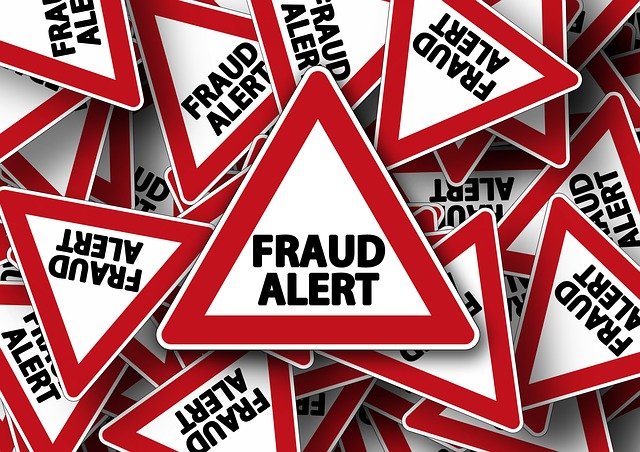Garda advice on social media scams currently in operation

An Garda Siochana are advising the public to be aware of a number of social media scams currently in operation:
• Free Trial Products: Social media sites are often used to lure people into signing up for free trials on products. These scams usually involve the participant signing up for a free trial of a product which is often not genuine instructing them to provide their payment card details upfront. The victim then becomes tied into a fixed period contract unbeknownst to them and have provided their payment card details to an unknown individual.
• Investment Scams: Opportunities are advertised on social media sites to invest in products or businesses which are often fake or do not exist. All investment opportunities should be fully researched prior to handing over any money.
• SOS or HELP Messages: This scam involves social media account holders receiving messages from persons in their “friends” or “contacts” list saying that they are in trouble in a foreign country and need help. This message usually requests that they transfer money to an account in a foreign country. The content of the messages varies but popular ones tell the story that the person has been arrested and needs money for bail or that they have fallen ill and need money for hospital treatment. These scams are also perpetrated by email.
• Work from Home Opportunities: Job opportunities are often advertised on social media sites and give the incentive of working from home. These opportunities request payment upfront for training or goods that do not exist. One such scam seeks people to act as a financial controller for a company and the criminal forwards a cheque to the account of the target. It is then requested that the funds are transferred to various bank accounts worldwide. In these cases the cheques are often counterfeit and the target ends up transferring their own money prior to the cheque clearing. This scam is also used as a method of money laundering the proceeds of crime.
• Fake Friend Requests: Social media account holders receive friend requests from people that they do not know or from people already in their contacts who have had their accounts hacked. Accepting these requests causes your account and that of your friends to be hacked and the personal data accessed. • Twishing: This is a combination of the words Twitter and Phishing and is a form of phishing in which a message is received on a person’s Twitter account in an attempt to obtain personal or security data by directing the recipient to a bogus website.
• Clickbait: This is a post on social media which is worded in a way to attract the users’ attention and persuade them to click on the link to find out more. Often times these links are to bogus websites which seek to compromise your personal or security data.
• Online Shopping Fraud: Criminals set up fake online shopping sites in order to obtain the payment card details of victims and steal money from their bank accounts. These sites look genuine and often offer discounts to attract victims. It is only when the victim does not receive their goods that they become suspicious but at this stage their payment card details have been compromised.
Crime Prevention Advice
• Never send money to a third party unless you can trust their bona fides. • Be wary of unsolicited contacts or where the contact appears to be based in other jurisdictions.
• Be wary when the avenues for contacting the other party are limited.
• Push for direct answers and if responses are vague disengage immediately.
• Never give personal, financial or security information to persons who are unknown to you.
• If it sounds too good to be true it probably is.
• Do your research and accept nothing as fact until you have satisfied yourself that it is genuine.




